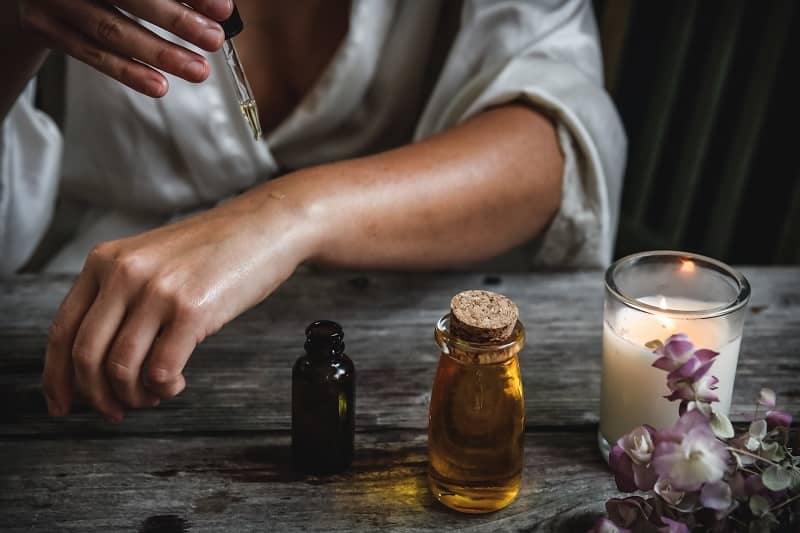Every skin-care fan has heard of retinol, the vitamin A derivative that reduces the appearance of fine lines and wrinkles. Plus, it promotes collagen creation and prevents breakouts.
But the acclaimed ingredient is also known for some of its undesirable side effects, i.e., redness and flaking.
Moreover, retinol can be unbearable for sensitive skin types.
Even as chief dermatologists laud retinol for its substantial benefits, holistic aestheticians are wary of the active’s corrosive impacts on the skin barrier.
So, what can you use to prevent wrinkles and fine lines, then?
Fret not! because now you have growth factors.
Yes, there are some effective growth factors in skincare used to regenerate skin cells and prevent aging.
But do growth factors in skin care work? Let’s get into the details.
Growth Factors for Anti-Aging: Where Do They Come from?
Ah, the million-dollar question.
The growth characteristics set up in serums, gels, and creams are either bioengineered in a laboratory, or assigned from human stem cells but not necessarily human skin stem cells.
Stem cells from any citation, skin, fat, bone marrow, the umbilical cord can develop growth factors that give an increase to a variety of various cell types in the body.
They take cues from the encircling tissue to become those kinds of cells.
So, if you settle them on the skin, they help develop new skin cells leading to younger glowing skin.
Thus, growth factors do work when you choose the right product made for your skin type.
Are Growth Factors for Anti-Aging in Skincare Safe?
So, are growth factors in skin care safe?
Yes. However, not every skin-focused growth factor survey has the same results.
The majority involve less than 100 subjects, and only some can meet the standards of scientific testing.
Yet, the researchers verify that both human-derived dermal growth factors and barley-grown EGFs (in Bioeffect and DNA Renewal) can activate genes accountable for fibroblast activity.
This can raise collagen production and make your skin look younger than ever before.
What to Consider before Choosing a Growth Factor Product?
Selecting a growth factor product can be tricky.
There are new options cropping up in the market each day. Not all of them are going to be effective or even working.
So, how can you separate the ones that may work from the ones that are a waste of your money?
- The first step is to look into the ingredients. Check if the composition contains anything that can be allergic or cause sensitization in your skin.
- Second, do not combine products blindly without checking into the possibility of harmful interactions.
- Third, select a product made for your specific skin type.
- Fourth, check which types of growth factors are contained in the product and read about the available data.
- Fifth, look for a well-researched formula and a trusted manufacturer.
Moreover, to increase the efficacy of a growth factor product, let it sink into the skin properly before you layer it with moisturizer.
Also, try applying the growth factor product at night. It’s best to avoid going out into the sun right after applying a growth factor enriched serum or cream.
When it comes to skincare, it’s usually best to keep it light and simple. Thus, it would be better to not overindulge and apply multiple growth factor products at once to get fast results.
Having said that, there are some of the best growth factor products you can try to rejuvenate skin and improve the texture.
The only thing that really matters is you make your selection carefully.
Do not fall for the price, rather look for a researched composition.
Wrapping Up
Growth factors for anti-aging have piqued our attention in being a sensitive-skin-friendly option to retinol, as these pro-healing skincare components are safe for use and are non-corrosive to the stratum corneum, the exterior layer of the epidermis.
They are acceptable enough for sensitive skin types.
But if you’re not relatively ready to let go of your retinol, it turns out that they can be used jointly to strengthen the potency of your anti-aging regimen. It can even protect the skin from some of the retinol’s less attractive impacts.
READ NEXT: Vegan Diet for Diabetes
